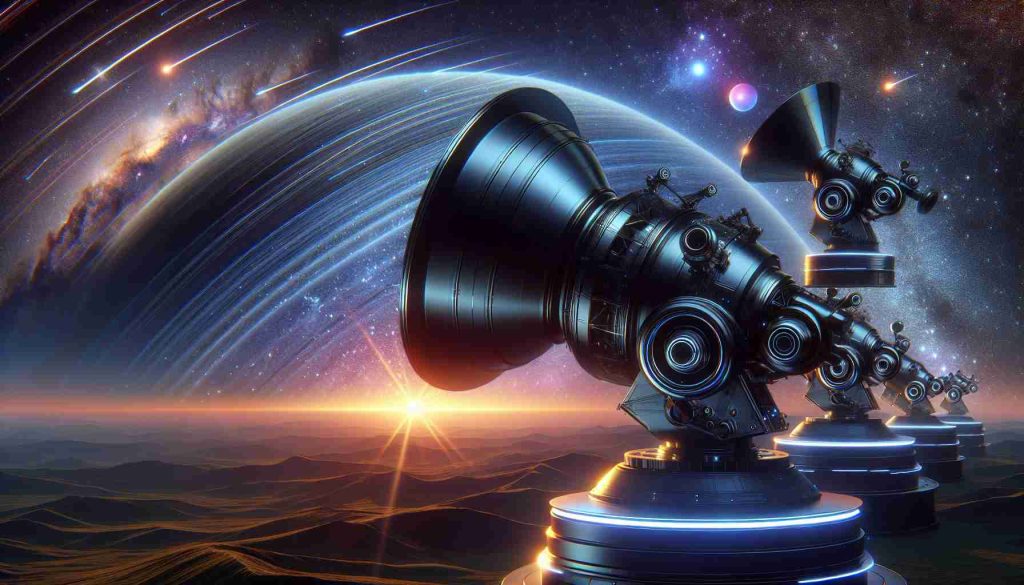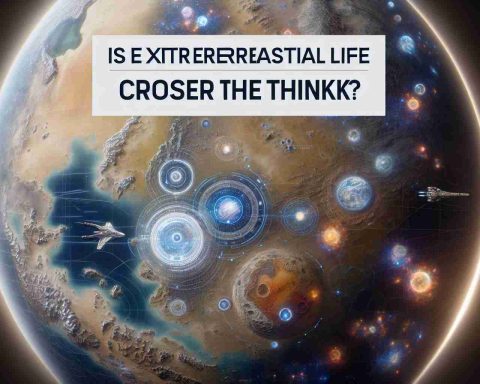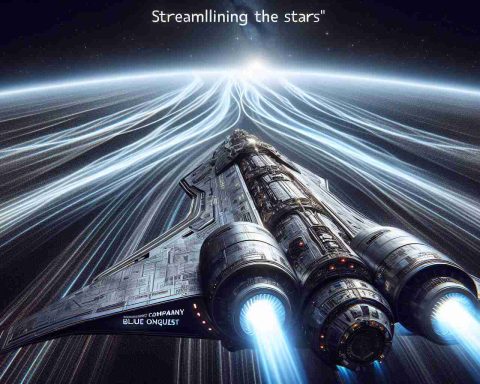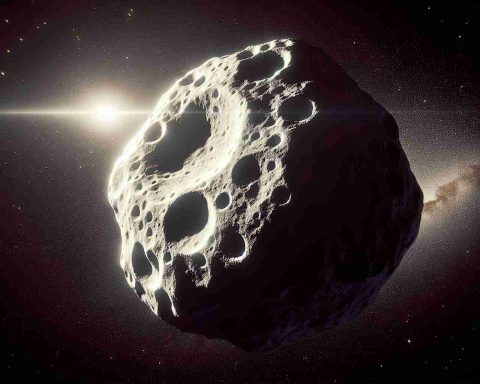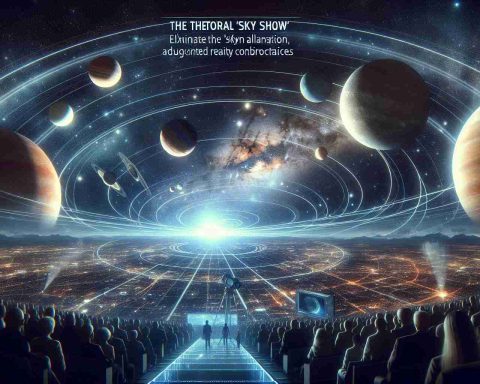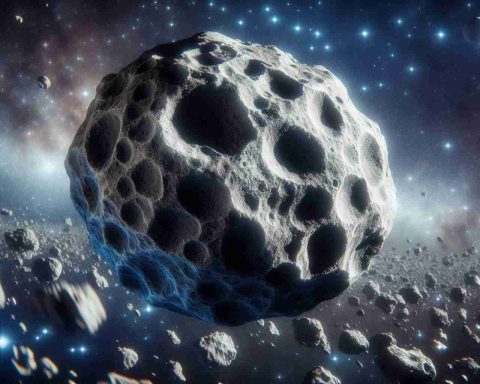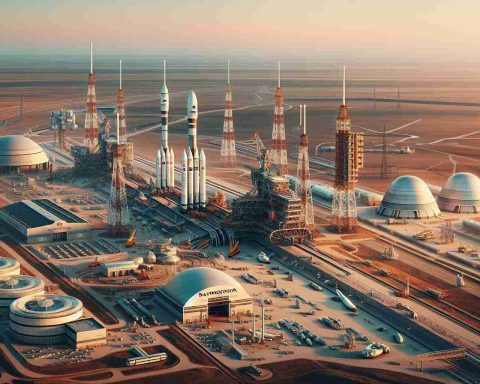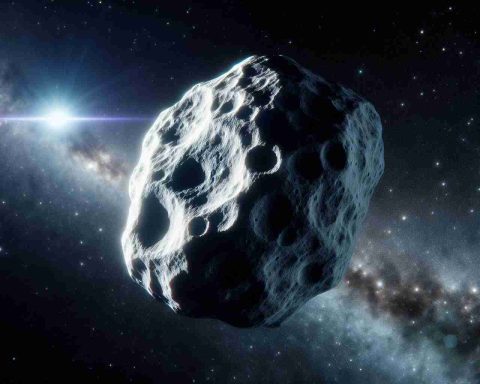Space Exploration
Space exploration is the investigation and study of outer space through the use of advanced technology such as spacecraft, satellites, and space probes. It encompasses various activities aimed at understanding celestial bodies, including planets, moons, asteroids, and comets, as well as the cosmos' broader phenomena like stars, galaxies, and the universe itself. Space exploration is driven by scientific goals, including the search for extraterrestrial life, understanding the origins of the universe, and the potential for human habitation beyond Earth. This field of study often involves numerous disciplines, including astronomy, astrophysics, and planetary science, and can include both manned missions with astronauts and unmanned missions using robotic technology. Notable achievements in space exploration include the Apollo moon landing, Mars rover missions, and the Hubble Space Telescope. The discipline not only expands our knowledge of space but also enhances technology and innovation on Earth, influencing sectors such as telecommunications, medicine, and environmental monitoring.
